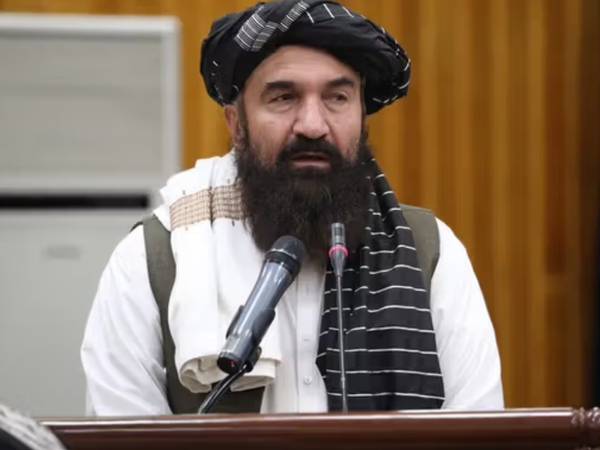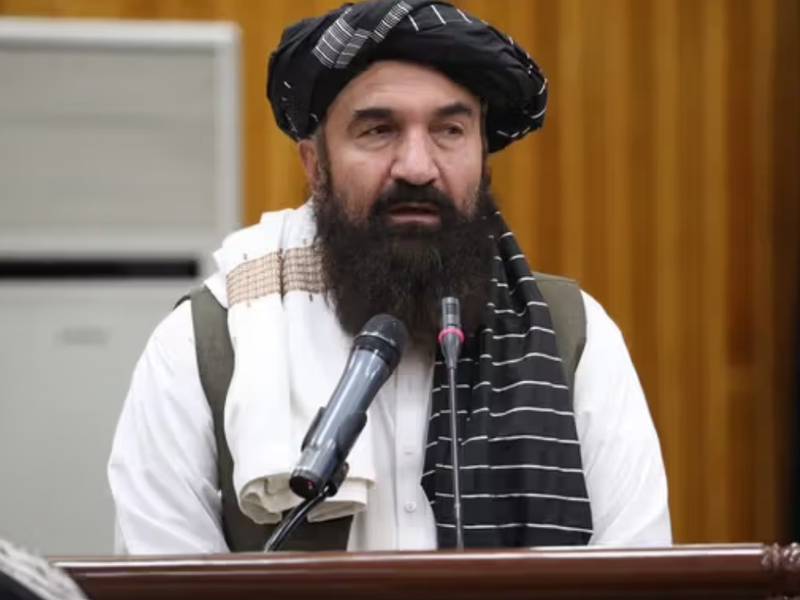The Taliban announced a sweeping reshuffle of senior officials on Monday, with 10 appointments made on the orders of the group’s leader, Hibatullah Akhundzada.
Khairullah Khairkhwa was removed as minister of information and culture and appointed governor of Maidan Wardak province. He was replaced by Mawlawi Ahmad Haqqani, the former governor of Laghman, Taliban spokesman Zabihullah Mujahid said.
Qari Mohammad Bakhtiar Muaz, who previously served as governor of Maidan Wardak, was moved to Laghman, while Mullah Mohammad Hafez Mujahid, former deputy commander of the Central Army Corps 313, was named governor of Farah. Mawlawi Ghausuddin Rahbar, the former governor of Farah, was reassigned as deputy commander of the same corps.
Other appointments included Qari Mohammad Nasim Ezzat, a former brigade commander in the 205th Al-Badr Corps, as deputy governor of Jowzjan; Shir Ali Jundallah, a former Kabul security official, as Taliban police chief in Paktia; and Mullah Abdul Shakur Baryali, another former brigade commander, as head of the 2nd Infantry Brigade of the 205th Al-Badr Corps.
Mawlawi Nooruddin, a former Taliban deputy in Jowzjan, was named commander of the 1st Infantry Brigade of the 209th Al-Fath Corps. Mawlawi Mohammad Omar Mukhlis, previously police chief in Paktia, was appointed head of Kabul’s 3rd security district.
Since seizing power on Aug. 15, 2021, the Taliban have removed many professional civil servants and replaced them with clerics, most of whom were educated in religious schools in Pakistan.
Analysts note that outright dismissals of senior Taliban figures are rare. Instead, officials are frequently shifted between posts, ensuring they remain within the group’s governing structure.
The Taliban have set three main criteria for state employment: a history of fighting against the former Afghan government and foreign forces, religious education, and past membership in the movement.
Many skilled Afghans, including former government employees, civil society activists, journalists, and rights advocates, have left the country since the Taliban takeover.
After a reduction in US aid, the Taliban cut about 20 percent of the civil service, a move observers say mainly targeted former government workers. Most dismissals occurred in the security sector, where Taliban leaders said they had replaced former personnel with their own fighters.

